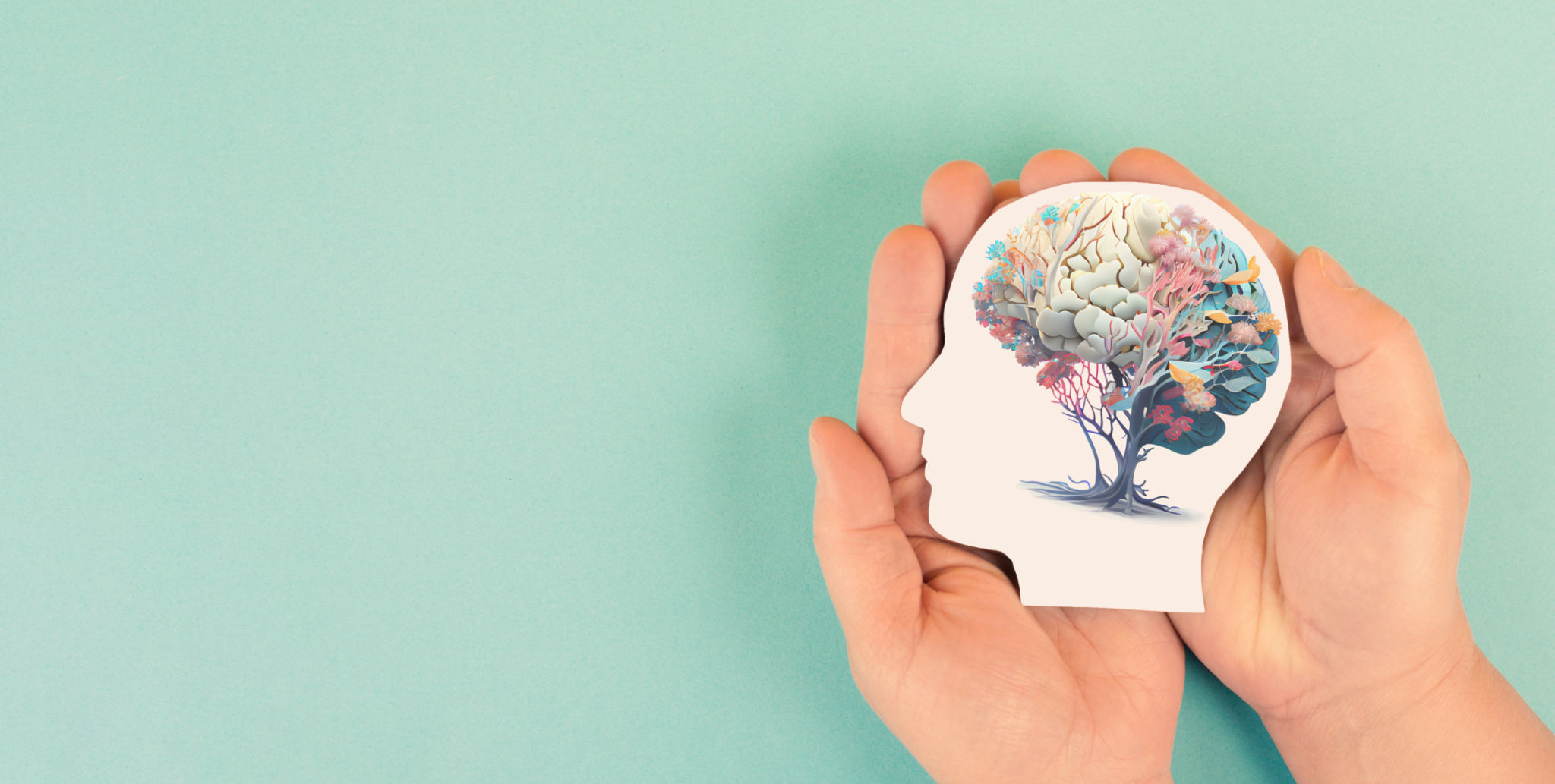Myth-Busting: Common Misconceptions About Behavioral Health
Understanding Behavioral Health
Behavioral health is a broad area that encompasses the connection between behaviors and the health and well-being of the body, mind, and spirit. Many people often confuse behavioral health with mental health, but they are not entirely the same. Mental health is a component of behavioral health which also includes issues such as substance abuse and eating disorders. Understanding the full scope of behavioral health is crucial for effective treatment and support.
Despite its importance, behavioral health is surrounded by numerous myths and misconceptions. These myths can prevent individuals from seeking the help they need or cause misunderstandings about what behavioral health truly involves. Let's debunk some of these common myths.

Myth 1: Behavioral Health Issues Are Rare
One of the most persistent myths is that behavioral health issues are rare and affect only a small portion of the population. In reality, behavioral health issues are quite common. According to statistics, a significant number of people will experience a mental health condition at some point in their lives. Furthermore, issues such as substance abuse and eating disorders are more prevalent than many realize.
The misconception that these issues are rare can lead to stigma and isolation for those affected. By acknowledging the prevalence of these conditions, we can foster a more inclusive and understanding society.
Myth 2: Only Weak People Need Help
Another damaging myth is the belief that seeking help for behavioral health challenges is a sign of weakness. This couldn't be further from the truth. Asking for help requires strength and courage. Behavioral health conditions are medical issues, just like diabetes or heart disease, and they require professional treatment.

Seeking support from healthcare professionals, therapists, or support groups can make a significant difference in recovery and management. It takes bravery to acknowledge challenges and take steps towards improvement.
Myth 3: Treatment Doesn't Work
Some people believe that treatment for behavioral health conditions is ineffective or unnecessary. However, numerous studies have shown that various therapies and medications can be highly effective in managing symptoms and helping individuals lead fulfilling lives.
Treatment plans are often tailored to meet individual needs, combining different approaches such as cognitive-behavioral therapy (CBT), medication, or lifestyle changes. The key to successful treatment is finding what works best for each person.

Myth 4: You Can Just Snap Out of It
A common misconception is that individuals with behavioral health issues can simply snap out of it by willpower alone. This myth minimizes the complexity of these conditions, which often involve chemical imbalances or other physiological components that require more than just determination to overcome.
Recovery is typically a gradual process that involves professional guidance, support from loved ones, and personal effort. Understanding this can help reduce stigma and encourage more compassionate responses to those struggling with these issues.
Conclusion: Promoting Awareness and Understanding
By dispelling these myths about behavioral health, we can create a more informed and supportive community. Awareness and education are crucial in breaking down barriers and encouraging individuals to seek the help they need. Let's continue to spread accurate information and foster an environment where everyone feels comfortable addressing their behavioral health needs.
